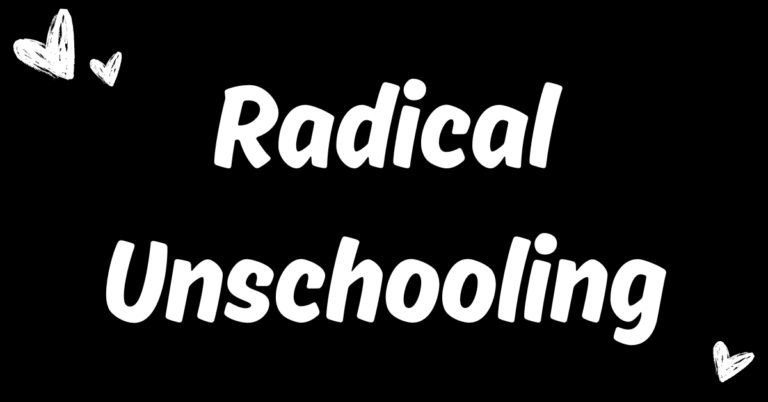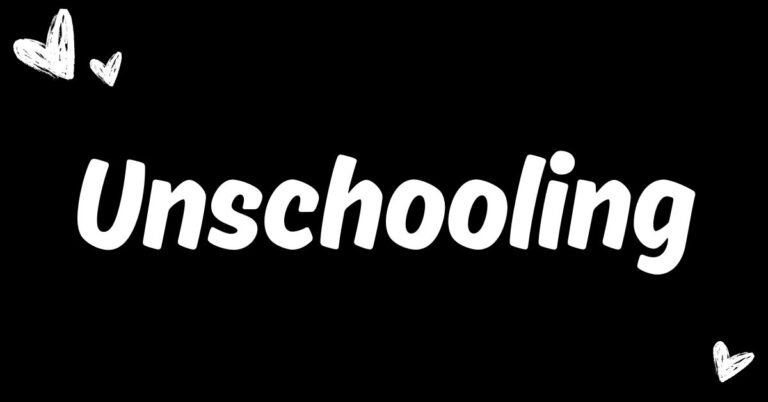Homeschooling has its own special jargon, just like any other field. Let’s break down some common words you might come across when looking into homeschooling regulations or chatting with other homeschooling families.
Compulsory Education Law
This is a rule that says kids need to go to school or get an education somehow. The ages when this applies can be different depending on where you live. Some people call it a “compulsory attendance law,” but that’s not quite right because you don’t have to go to a physical school – you just need to be learning.
Curriculum
In homeschooling, this usually means ready-made learning materials you can buy to teach your kids for a whole year or just one subject. Some families like to create their own learning plans or just follow what interests their kids without using a set curriculum.
Eclectic Homeschooling
This is when families use all sorts of different learning resources instead of sticking to just one way of homeschooling. It’s like making a playlist with songs from different genres instead of listening to just one album.
GED
The GED is a test that shows you know as much as someone who finished high school. It’s handy for homeschoolers in places where they can’t get a regular high school diploma, especially when applying for college or jobs.
Homeschooling
Simply put, this is when kids learn at home (or anywhere outside of a traditional school) under their parents’ guidance.
Inclusive
When a homeschool group says they’re “inclusive,” it means anyone can join, no matter what religion they follow or other factors. Some people call these groups “secular” instead.
Language Arts
This covers all the stuff you’d usually learn in English class – reading, writing, spelling, grammar, and even public speaking.
Letter of Intent
This is a fancy way of saying “Hey, we’re going to homeschool our kid” to your local school district. Your state’s rules will tell you when you need to send this in and what information to include. In some places, you can start homeschooling even before you send this letter.
Practical Arts
These are the hands-on, real-life skills that help you take care of yourself and your family. Think cooking, sewing, fixing things around the house, managing money, and even car maintenance.
Standardized Test
This is a test that measures how well your child is doing compared to other kids their age across the state or country. The results often come as a percentage, showing where your child stands in relation to others who took the test. Some states ask homeschoolers to take these tests to show what they’ve learned.
Statement of Faith
Some homeschooling groups ask families to sign a list of religious beliefs before they can join. This is called a Statement of Faith.
Unschooling
This is a way of learning where kids follow their own interests at their own pace, without adults telling them what to study. “Radical Unschooling” takes this idea even further, letting kids make their own choices about pretty much everything in life.


